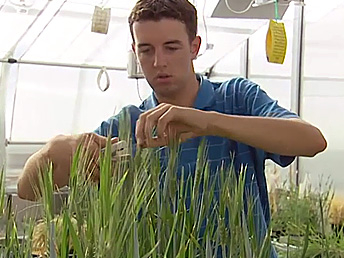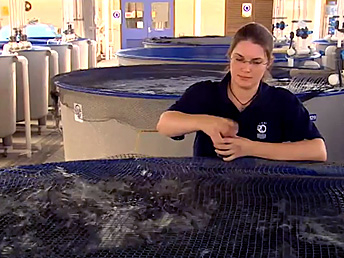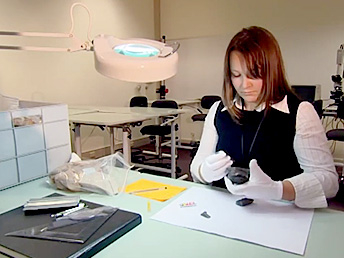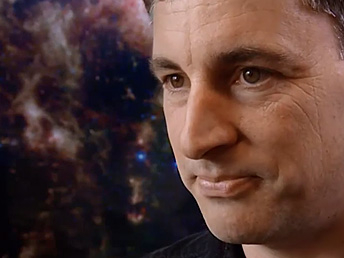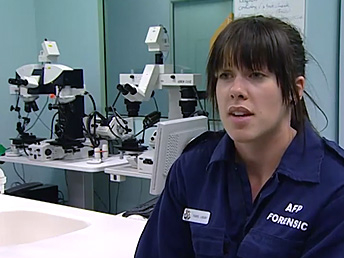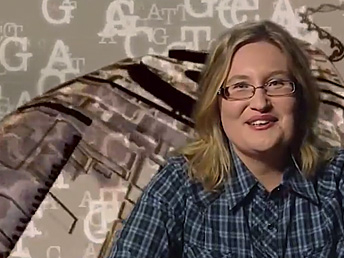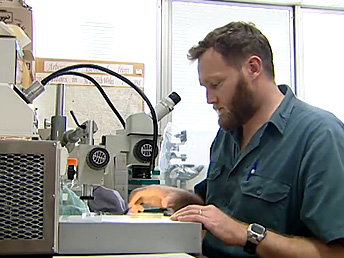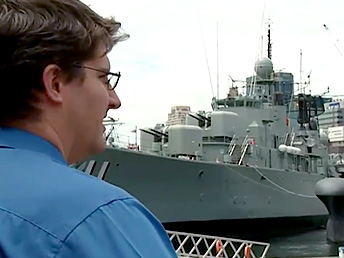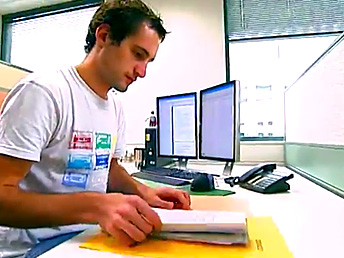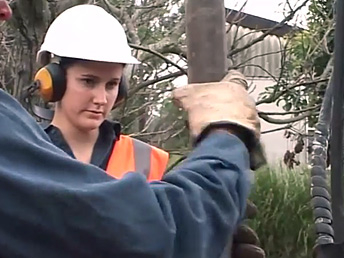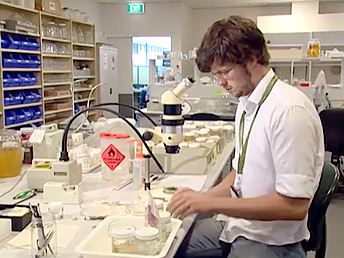
Ecotoxicologist
As an ecotoxicologist you study the effects of toxic chemicals on biological organisms including people, communities and ecosystems.
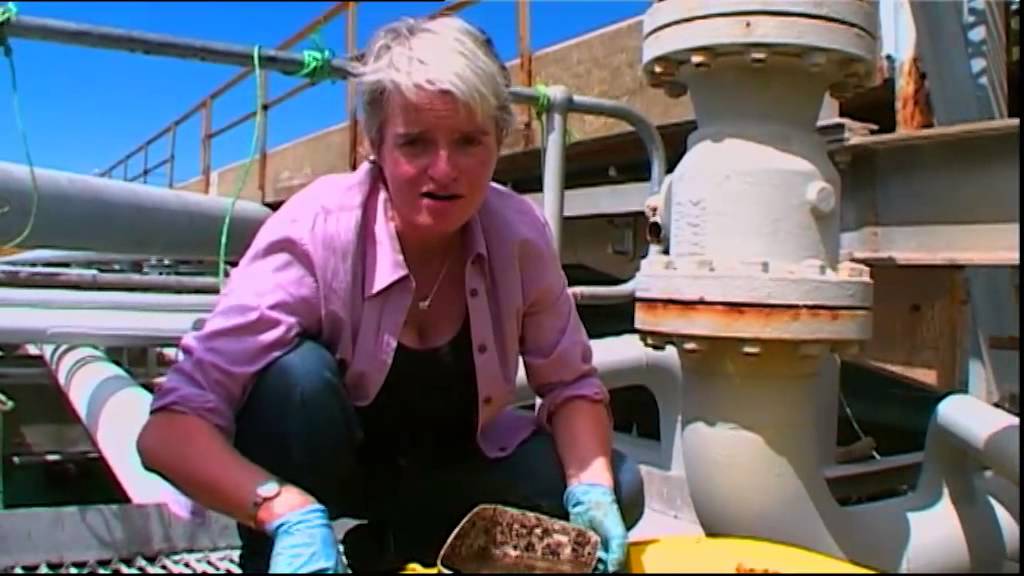

What the job looks like
Salary expectation
starts at $60,000 up to $75,000+

The good
- Doing outdoor activities like diving and trekking
- Potential to travel
- Helping to protect the environment
- Practical and hands-on
The not so good
- Working in all types of weather
- Irregular hours
As an ecotoxicologist you have the very important task of answering questions such as what disturbances are there in the ecosystem, how were they caused and where did they start. You then have to come up with solutions to reverse the effects of the toxin and prevent future incidences.
Toxins can spread through the entire food chain, beginning in the soil and spreading to water systems or being absorbed by plants then eaten by animals or humans.
You will use science and mathematics to determine what effects toxins have had on the environment. Your time will be split between collecting samples from a variety of outdoor locations, taking them back to the laboratory to carry out examinations and in the office presenting your results and developing a solution to the problem.
Communication is a big part of this role as you will be talking to different science professionals, governments, councils or the general public.
If you are passionate about the environment and like solving problems, then a career as an ecotoxicologist could be for you.
I have a wide range of duties such as exciting adventures, research and teaching.
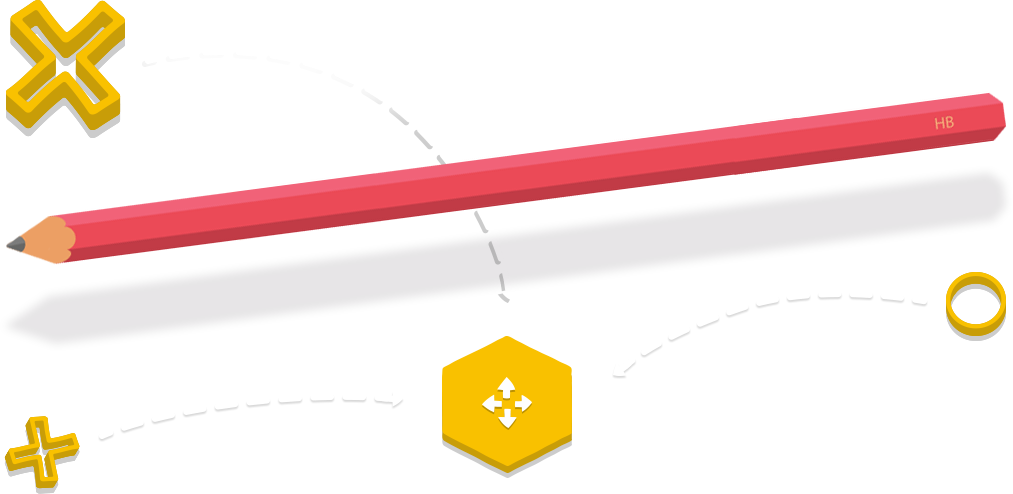
Pathways to this career
Subject suggestions for the HSC
Choosing your HSC subjects from this list could really help with your career. Think carefully about what you want to study after school as you might need to choose specific HSC subjects for that course and to count towards your ATAR (Australian Tertiary Admission Rank). An ATAR is your academic rank in relation to other HSC students and helps with University admission.
HSC subjects
Some subjects will count towards your ATAR, others will not. Check with your career advisor before making subject selections.
- English (Advanced or higher)
- Mathematics (2 unit or higher)
- Biology
- Chemistry
- Earth and Environmental Science
What can I do after I have finished school?
University degrees
Studying one of these degrees can help with your career.
- Bachelor of Science
- Bachelor of Environmental Science
Suggestions
Check out Australian Marine Sciences Association, Australian Antarctic Division and CSIRO for more information
- Get some experience snorkelling or scuba diving
- Volunteer for a science expedition or field work
- Go to career expos and events like university Open Days for information about what you will study
